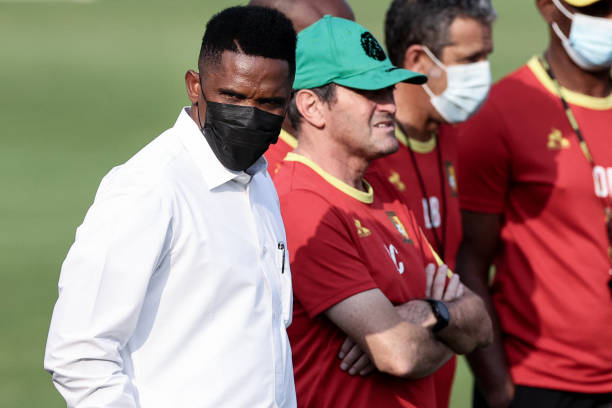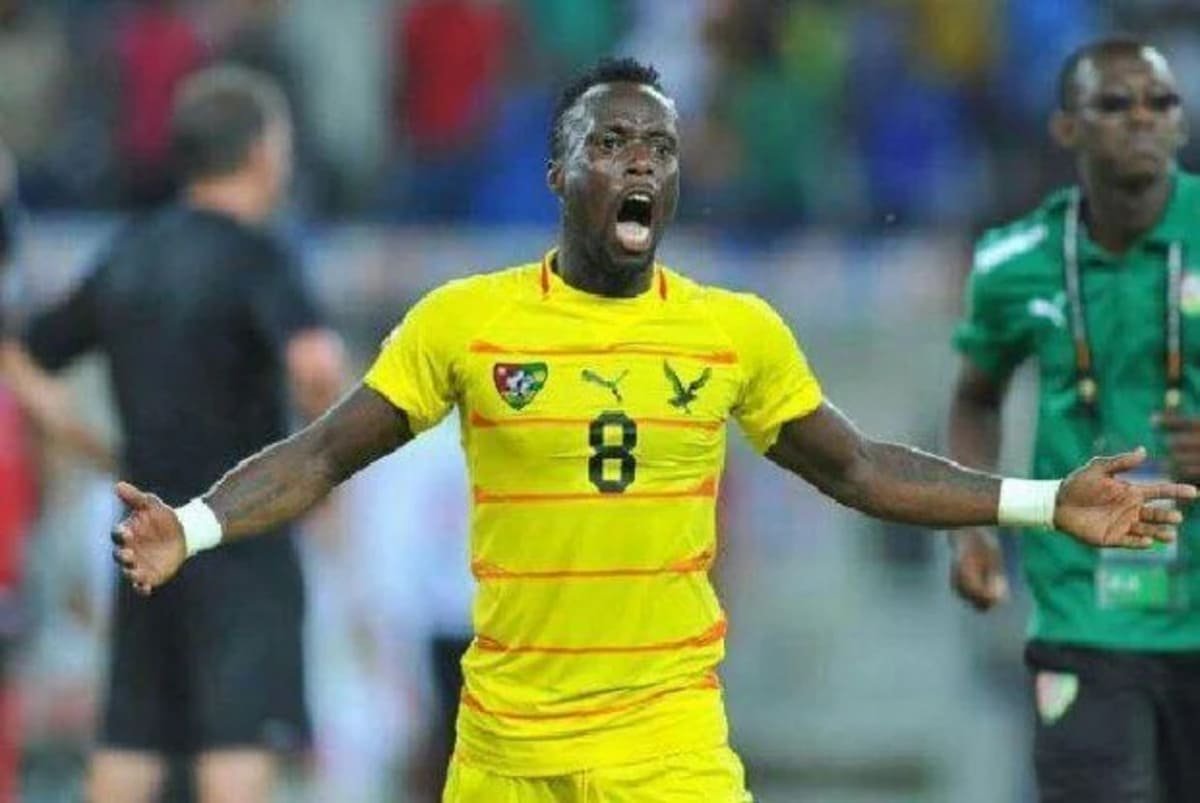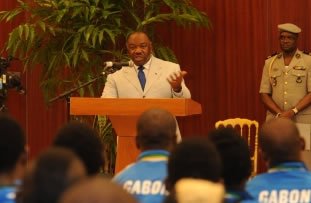The Cameroon Football Federation (Fecafoot) has fiercely rejected accusations from the Ministry of Sports and Physical Education (Minsep) over the €1.85 million compensation owed to former Indomitable Lions coach, Antonio Conceiçao, reigniting tensions between the two institutions.
In a heated exchange sparked by FIFA’s formal notice threatening disciplinary action against Fecafoot, Minsep publicly announced its decision to cover the payment to the Portuguese coach. This move, intended to shield Cameroon’s national team from possible sanctions, was accompanied by pointed criticism of Fecafoot’s management.
In a statement issued on 21 February, Minsep accused Fecafoot of poor judgment in its handling of Conceiçao’s dismissal and implied that the federation was being bailed out. “The State has chosen to replace Fecafoot,” the ministry stated, while warning the Samuel Eto’o-led body against impulsive decisions that could tarnish the nation’s image or burden the public treasury.
“Fecafoot is invited to manage its relations with its supervisors in a less rash and more responsible manner,” the statement read. “It must refrain from hasty decisions that could lead to unnecessary financial strain on state resources.”
Fecafoot Pushes Back: “A Misplaced Blame Game”
Fecafoot swiftly countered with a strongly worded press release, accusing Minsep of distorting facts and unfairly shifting responsibility onto the federation.
The federation clarified that the decision to terminate Conceiçao’s contract was not made in isolation but with the full approval of Cameroon’s President, Paul Biya, and the involvement of key state institutions—including Minsep itself.
“It is disingenuous to hold Fecafoot solely accountable for the termination of Antonio Conceiçao’s contract,” the statement read. “This decision was taken with the endorsement of the highest authorities and executed with the collaboration of all relevant administrations.”
Fecafoot argued that its role as FIFA’s official representative for Cameroonian football made it a legal intermediary in the process but did not imply sole responsibility for contractual decisions made at the state level.
“To label Fecafoot’s actions as hasty or irresponsible is not only provocative but also deeply insulting,” the federation asserted. “Our decisions are grounded in law, fairness, and the best interests of Cameroonian football.”
A Pattern of Financial Strain from Coach Dismissals
Fecafoot also highlighted a recurring pattern in Cameroon’s football governance, pointing to past dismissals of national team coaches that have similarly strained public finances. Over the last 15 years, contracts with foreign coaches—including Javier Clemente, Volker Finke, Hugo Broos, and Clarence Seedorf—have ended in costly compensations, often without Fecafoot’s direct involvement.
The federation underscored that the only coach contract it was actively involved in—Rigobert Song’s—was terminated without leading to heavy financial repercussions, thanks to what Fecafoot described as “strategic and careful negotiation.”
A Power Struggle Intensifies
This latest spat comes amid ongoing tensions between Fecafoot and Minsep, which have frequently clashed over control and decision-making within Cameroonian football. Fecafoot also took a swipe at the government’s backing of current Indomitable Lions coach Marc Brys, hinting at a broader pattern of state interference that complicates the federation’s autonomy.
“Certain selectors have continually displayed defiance, emboldened by government backing,” Fecafoot noted, alluding to Brys’ growing influence within the national setup.
As Cameroon navigates this internal conflict, the lingering financial fallout from Conceiçao’s dismissal serves as a stark reminder of the challenges in balancing sports governance with fiscal responsibility. For now, Minsep’s intervention has prevented potential FIFA sanctions, but the strained relationship between Fecafoot and the government remains a pressing concern for Cameroonian football.










